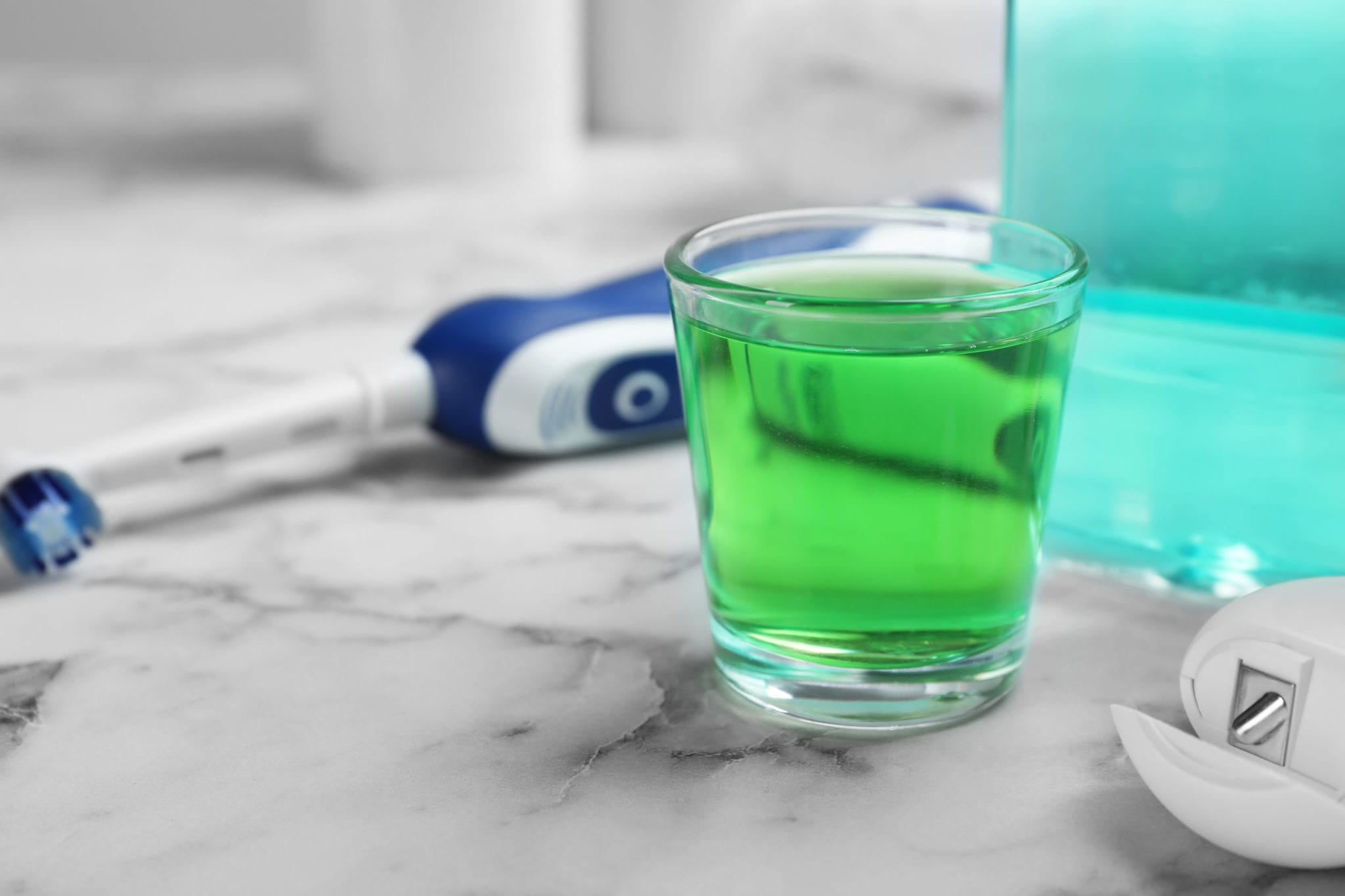
As a natural part of getting older, you may have noticed the body and all its parts don’t always work exactly as they used to. Your mouth and everything in it is no different.
After the age of 50, your oral health begins to change. This means that your dental care products should change, too.
To help you maintain your oral health as you age, we address common oral health challenges that crop up with aging, and how to overcome them today.
Aging Brings New Oral Health Challenges
Sometimes we begin to develop new oral health conditions that weren’t present when we were younger. Common oral health problems associated with aging include:
- Dry mouth. Various medications and physical or hormonal changes can leave you more susceptible to oral health issues associated with a lack of saliva.
- Wear and tear. As your teeth wear down from years of chewing and grinding, cavities become more likely.
- Gum disease. Your chance of developing gum disease, ranging from mild gingivitis to severe periodontitis, increases with age.
- Systemic disease. Certain systemic diseases such as diabetes become more likely with age. This can increase your susceptibility to oral health problems.
The Right Dental Care Tools for Mature Mouths
One way to stave off the common ailments of an aging mouth is to adjust your oral hygiene regimen. This could require some new oral health tools, as we detail below.
Switch Out Your Toothbrush
Studies show electric toothbrushes, especially those with rotating heads, remove plaque more effectively than manual ones. If you haven’t made the switch already, and you’re comfortable with the idea, it may be time.
Sticking with a manual toothbrush? Be sure to choose one with soft or extra-soft bristles and replace it every three months. Brushes with multi-level angled bristles may also prove more effective.
Mouthwash is Now a Must
Not only can mouthwash help kill the bad bacteria that cause bad breath, as we age, it becomes a necessary component of our oral health.
A mouthwash containing fluoride, the mineral we know is good for our teeth, can help strengthen aging enamel and protect against new cavities. In fact, this element can even reverse early tooth decay.
Swishing is also a great way to reach otherwise unreachable places and keep oral tissues moist.
Strengthen Your Choice of Toothpaste
The risk of gum disease increases dramatically after age 50. If you’re struggling with gingivitis and bleeding gums, and are already getting the regular (sodium) fluoride from your mouthwash, you can up your fluoride game by trying a toothpaste that contains stannous fluoride.
Additionally, tooth hot and cold sensitivity becomes a common condition later in life. Toothpaste formulations that contain potassium nitrate are shown to significantly reduce tooth sensitivity.
Thicker Floss Will Enhance Your Efforts
Flossing is one of the most important defenses against tooth decay and gum disease and is especially important as you age. Conditions such as widening gaps between teeth and permanent replacements like implants and bridges can be better maintained by using extra-thick floss varieties.
Yes, thicker, more rigid types are more difficult to slip between close teeth, but they are also more effective at picking up sticky plaque and food debris.
Some Seniors Enjoy the Effects of Teeth Whitening
Finally, teeth naturally discolor with age, so you may wish to pursue whitening. This can be done in-office by your dentist, and at home using kits that contain hydrogen peroxide.
One note of caution: Many home whitening kits and dental procedures carry a risk of increased tooth and gum sensitivity. Talk you your dentist before you try any whitening kits.

As we’ve shared, to maintain a healthy mouth as you age, a few easy changes to your oral care regimen can make all the difference. Your dentist and dental hygienist can evaluate your specific oral health concerns, and develop a home care regimen to stave off dental health problems.






